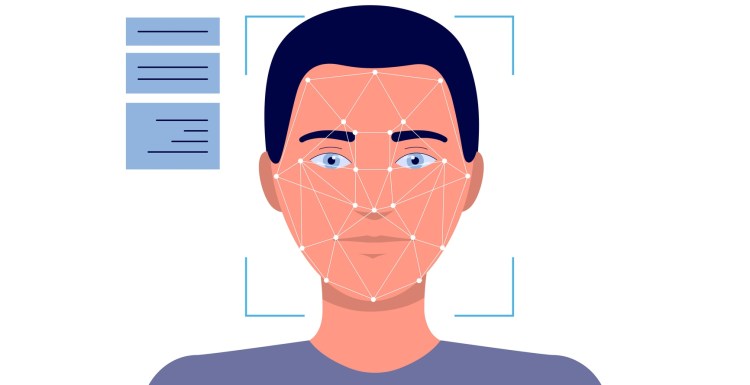Businesses will spend $16.7 billion globally on digital identity verification technology by 2026, according to Juniper Research, a 77% increase on the anticipated $9.4 billion spend in 2021.
The research highlighted “low friction, high security” digital onboarding as the “minimum requirement” for businesses in a post-pandemic world. Banking and financial service businesses will account for around 62% of digital identity verification spend by 2026, according to the research, though the firm noted that remote onboarding by companies — including mobile network operators and online gambling firms — will also “create significant opportunities” over the next five years.
On board
With the global pandemic accelerating digital transformation efforts and remote work likely to become a permanent fixture for millions of workers, the need to counter the growing threat posed by identity theft and fraud has never been more pronounced — U.S. consumers alone lost an estimated $56 billion last year to identity fraud. Banks and other financial institutions and businesses need new ways to verify end users are who they say they are during sign-up and log-in process, with biometric authentication (e.g. selfie scans), real-time address checks, and other knowledge-based authentication (KBA) techniques playing increasingly crucial roles.
There has been a flurry of activity across the broader identity verification and management space of late, with Okta completing its $6.5 billion Auth0 acquisition; Mastercard shelling out $850 million for Ekata; and Jumio, Persona, and Trulioo raising around $600 million between them.


